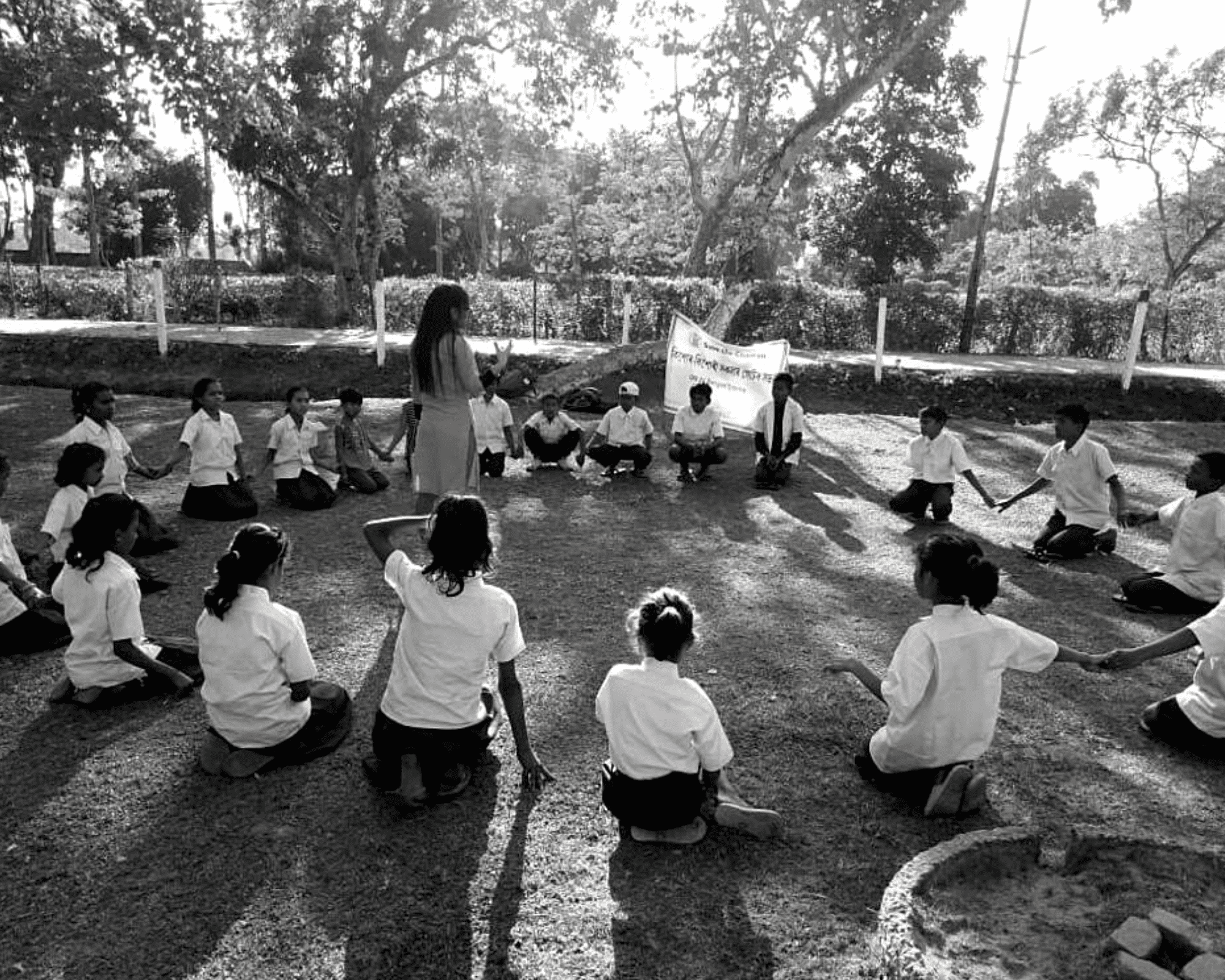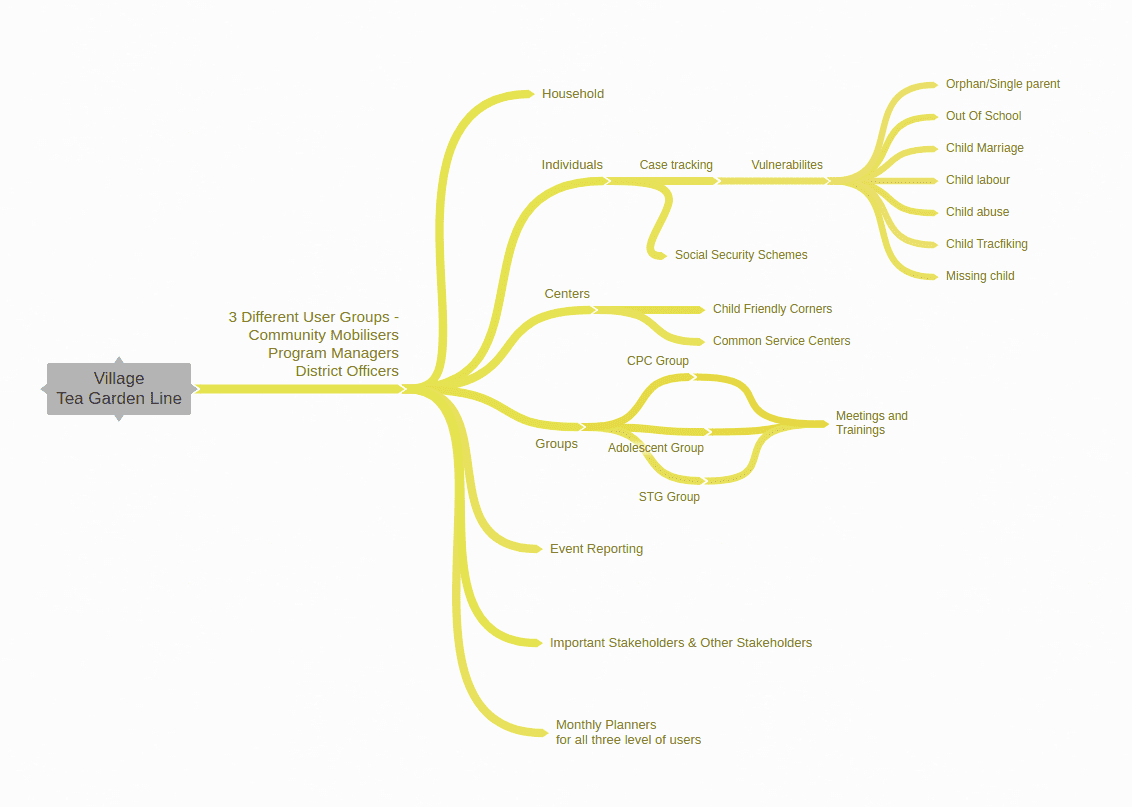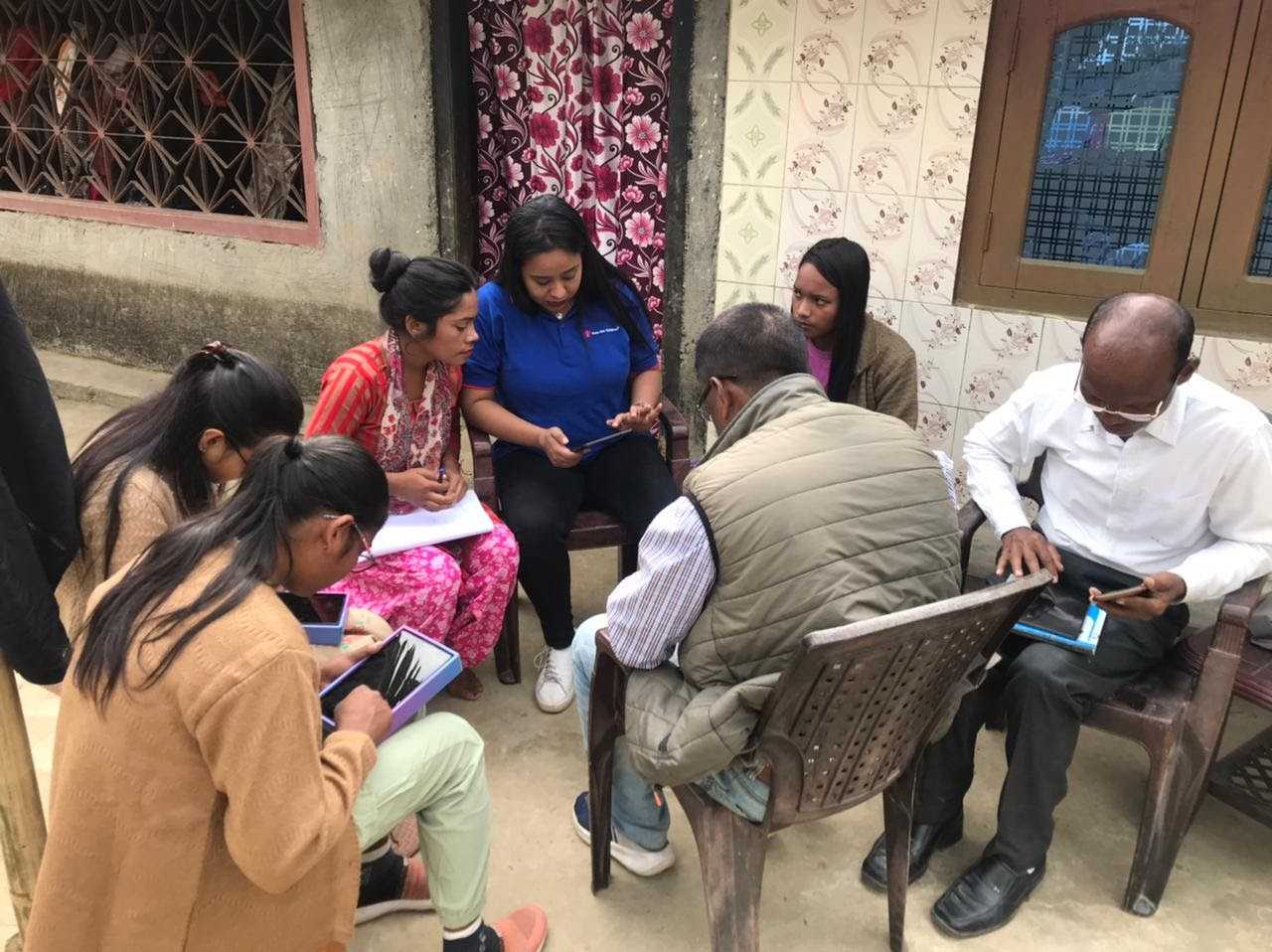Empowering the Children and Communities in Tea Plantations of Assam, India
January 12, 2022 by Nupoor Khandelwal
Save the Children joined the Avni user's family as they rolled out the app in their Assam tea plantation project to protect children from labour, trafficking and other vulnerabilities.
Save the Children India (Bal Raksha Bharat)
Save the Children, is one of the largest independent child rights organisations. The organisation is transforming the lives of millions of vulnerable children through targeted interventions on identified focus areas of Education, Health & Nutrition, Child Protection & Psychosocial, Poverty & Livelihood and Humanitarian response. Having embarked on an independent journey in India since 2008, as ‘Bal Raksha Bharat’, In India, it has touched the lives of over 10 million children in the past 13 years. The organisation works in saving children’s lives and is committed to helping them achieve their true potential. In a world where millions of children are denied their rights because of who they are or where they live, Save the Children aims to put the most deprived and marginalised children first, and tackle the barriers to their survival, learning and protection.
Assam Tea Plantation & Need for Child Protection
Assam’s tea industry is its biggest source of revenue, as the state is the largest producer of tea in India. However, despite decades of building a dedicated economy from tea, the condition of local labourers has only worsened. They are deprived of the most basic of amenities to give them an upward growth opportunity – education. As local communities are dependent largely on labour, their ability to find growth and more opportunity is limited. Children are the worst affected in this situation as they are not only forced to work and contribute to the family income but are also subject to dropping-out from schools due to poor educational infrastructure, trafficking, early marriage, domestic violence, abuse and exploitations.The issue requires a multi-dimensional approach engaging with communities, businesses, Government and civil society actors.
Empowering the Children and Communities in Tea Plantations of Assam, India
To address the problem, Save the Children, India (SC India) has initiated implementing a project titled “Empowering the Children and Communities in Tea Plantations of Assam, India” in Jorhat and Dibrugarh districts of Assam, from Feb 2021 to Dec 2023.
SC India, evidenced by the Child Rights Situational Analysis conducted in 2016, identified prevention of children from engaging in labour as one of the most critical priorities for this strategic period. In addressing this, the overall approach is based on five key principles:
- Progressive approach towards elimination of adolescent child labour (both boys and girls) through advocacy and evidence generation.
- Replication of SC’s successful initiatives to prevent child labour and experimenting through innovation based on learning of our past programming and best practices
- Collaboration with corporates and skill council to help move adolescents from hazardous working situations to decent work by creating opportunities for an improved career through job skill enhancement and life skills training, including soft skills
- Working alongside business houses on eradicating child labour in the supply chain
- Empowering children, family and communities to challenge and disown practices that support economic exploitation of children and adolescents in the form of labour and emphasis on accessing social protection schemes and basic rights
The project intervention encompasses 5 large tea estates in Dibrugarh with 3000 plantation workers and 2000 small tea growers in both Jorhat and Dibrugarh districts. SC plans to reach out to 10,000 children and adolescents and 20,000 adults (including youths, parents, teachers, health workers, community members, Village level Child Protection Committe (VLCPC) members, Child Protection workforce at district and state level, Small Tea Growers (Including FPOs) and Management/Owners of Tea producing companies / Big Tea Plantations) through this intervention.
How is Avni helping?
Having a Case Management Information System will help the project in remote beneficiary monitoring, risk assessment, screening, follow ups & facilitating further referrals.
The application would help in tracking the vulnerable children and relevant stakeholders and managing project activities in a manner that provides the right information to the right set of people at the right time to enable adaptive project management and decision support.
Our team at Samanvay foundation used Avni to model the system. It consists of following features
- Case Tracking and Management: Vulnerable children Case Tracking (Case Management from identification to mainstreaming) – linked with Household Registration. Also tracking of beneficiaries for Social Security Schemes and other details.
- Planning and Follow up visit scheduler (reminders, providing feedback to field staff and assigning tasks etc.)
- Dashboard and Monitoring: A dashboard for the programme team to see the progress made against the plan and the gaps
Avni app is functional and is supported online and offline both on tablet/smart phones. We have the web based application available too. Initially app was suggested to be made in 2 languages (English and Assamese) but as the users were comfortable with English we skipped translating it into Assamese. The children and household records are uniquely linked, to avoid duplicate cases.
Planning and development of the app was started in July 2021 and app was shared for first round of UAT in August 2021. In first week of October app was live on production.
Pictures from the users training & field work
Do connect with us on LinkedIn, Twitter and Facebook.
And last but not the least, wishing you a better, safer, healthy and prosperous new year 2022!




